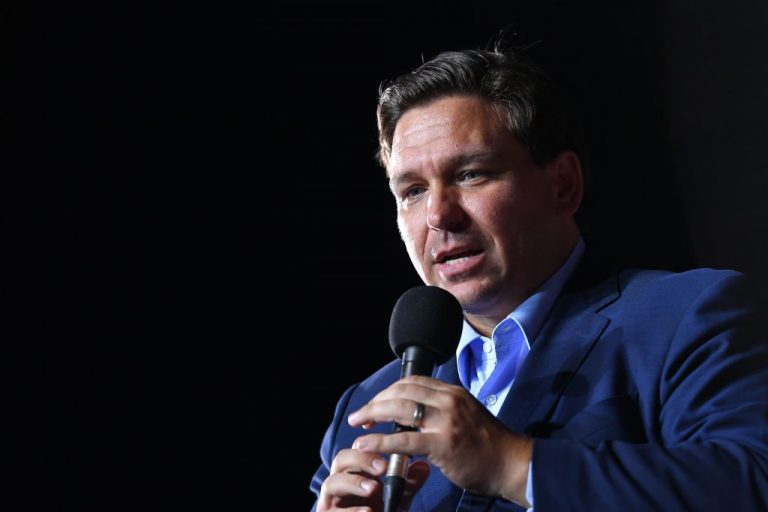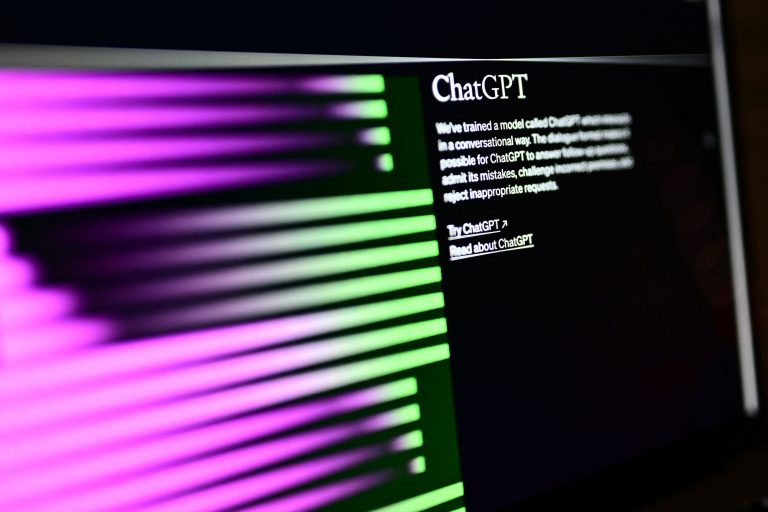Republican Governor of Florida Ron DeSantis has signed into law a bill that seeks to hold Big Tech accountable for its censorship policies and safeguard the ability of Floridians to freely access and participate on internet platforms.
The bill specifically targets online social media platforms and internet companies with large user bases. In a statement, DeSantis said that Senate Bill 7072 will ensure that people of his state “are guaranteed protection against Silicon Valley elites.”
“Many in our state have experienced censorship and other tyrannical behavior firsthand in Cuba and Venezuela. If Big Tech censors enforce rules inconsistently, to discriminate in favor of the dominant Silicon Valley ideology, they will now be held accountable,” DeSantis said.
The new law allows for the following:
- Citizens of the state who are treated unfairly can sue social media companies and win monetary damages of up to $100,000. Online platforms will have to be transparent about content moderation practices and notify users when these rules are changed.
- If any social media platform violates this law, the Attorney General of Florida can bring a case against such firms under the state’s Unfair and Deceptive Trade Practices Act.
- Platforms that violate antitrust laws will be prohibited from initiating contracts with public entities.
- Big Tech is not allowed to de-platform political candidates from the state. If companies deplatform a statewide candidate, the Florida Election Commission can impose fines of up to $250,000 per day. For candidates running for non-statewide offices, the fines will be $25,000 daily.
At a press conference, DeSantis said that Florida would be “the first state to hold big tech accountable.” He highlighted the censorship of the Wuhan lab leak theory, which posits that the SARS-CoV-2 virus escaped from a lab from the central Chinese city.
Success
You are now signed up for our newsletter
Success
Check your email to complete sign up
“When people last year were raising that as something that needed to be investigated, they were de-platformed for talking about the lab leak. They were censored for having said that. And now, even Fauci (White House chief medical advisor) admits that this may be something that very well is the case,” he said.
DeSantis also criticized how Twitter deplatformed former President Donald Trump. In January, the company permanently suspended Trump’s account “due to the risk of further incitement of violence” following the Capitol Hill breach.
“When you deplatform the President of the United States but you let Ayatollah Khamenei talk about killing Jews, that is wrong,” DeSantis said at the press conference.
During a hearing on anti-Semitism last year in Israel’s parliament, human rights lawyer Arsen Ostrovsky asked a Twitter representative why they were not flagging “the tweets of Iran’s Ayatollah Ali Khamenei who has literally called for the genocide of Israel and the Jewish people,” but were “flagging the tweets of President Trump.”
In her response, the spokeswoman said that statements of world leaders that involve “foreign policy saber-rattling” are not considered a violation of Twitter’s rules. She refused to give a clear answer as to why Ayatollah was not banned in spite of calls for genocide.
Lawsuit by tech lobby
NetChoice and the Computer and Communications Industry Association (CCIA) have filed a lawsuit opposing the legislation. CCIA is a lobbying group composed of entities such as Amazon, Samsung, Google, Facebook, Intel, and Verizon. The lawsuit argues that Senate Bill 7072 does not prevent censorship and makes the state a supervisor of conduct and morals.
“Americans everywhere should oppose Florida’s attempt to run roughshod over the First Amendment rights of private online businesses… By weakening the First Amendment rights of some, Florida weakens the First Amendment rights of all,” Carl Szabo, Vice President and General Counsel of NetChoice, stated.
In a statement to the New York Post, Christina Pushaw, the press secretary for DeSantis, stated that the governor expected lawsuits against the bill. “We have no comment on any specific lawsuit, but we anticipated legal challenges… We are confident that this new legislation has a strong legal basis and protects Floridians’ constitutional rights,” she said.Texas also introduced Senate Bill 12, which seeks to punish social media companies for censoring citizens on the basis of their political ideologies. The bill is yet to be passed by the House. Republican Lieutenant Governor Dan Patrick has asked Governor Greg Abbott to call a special session of the Texas legislature next month to push the bill forward.
















